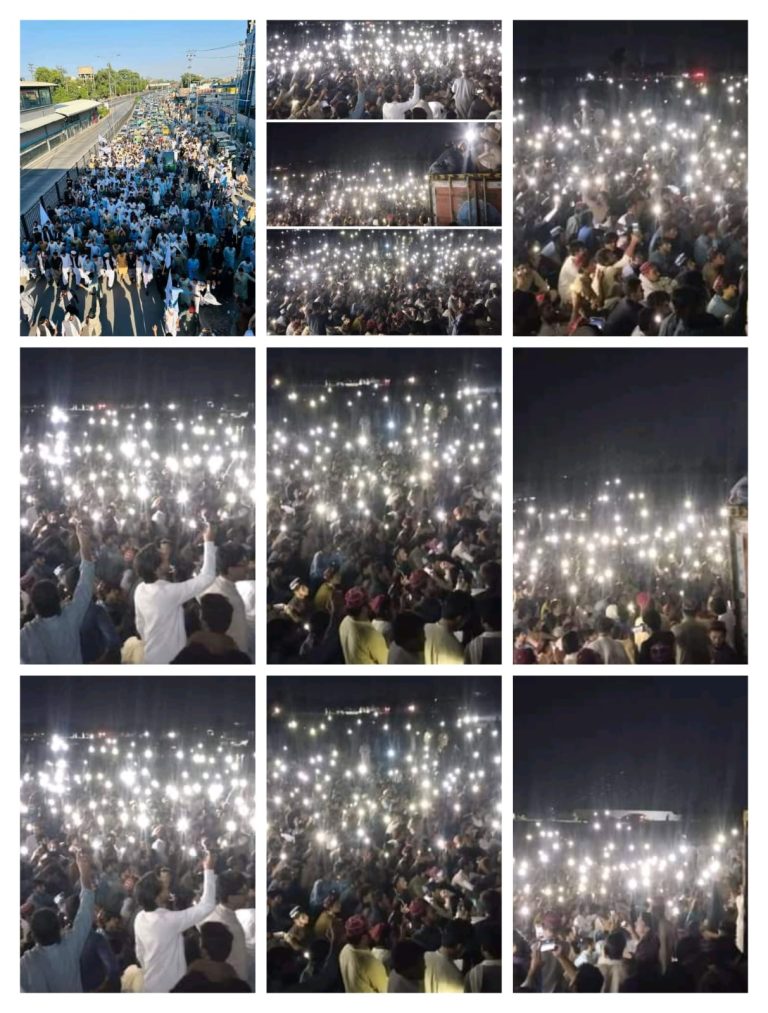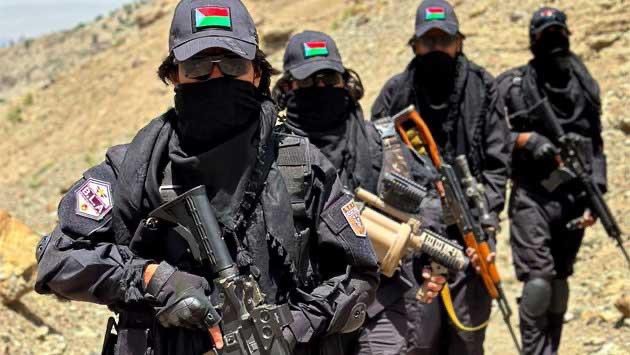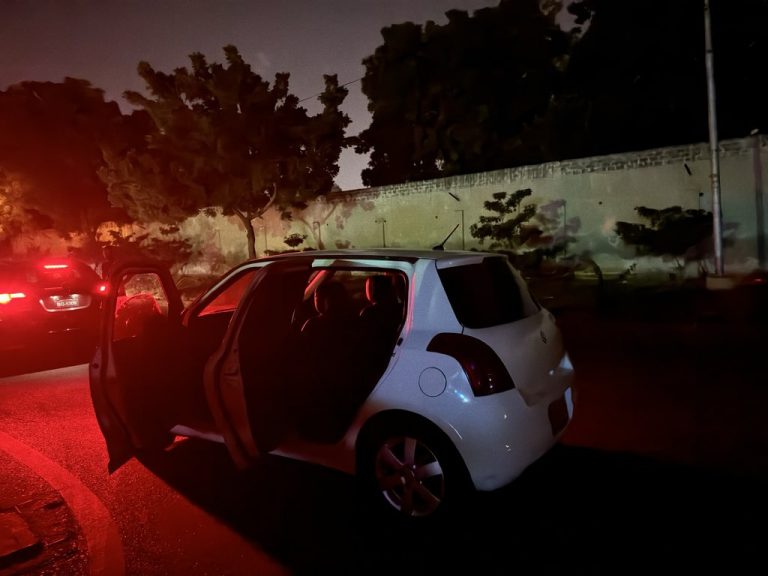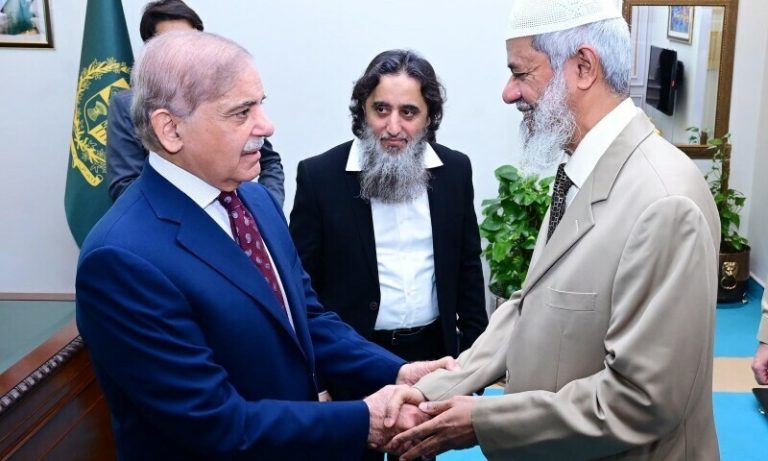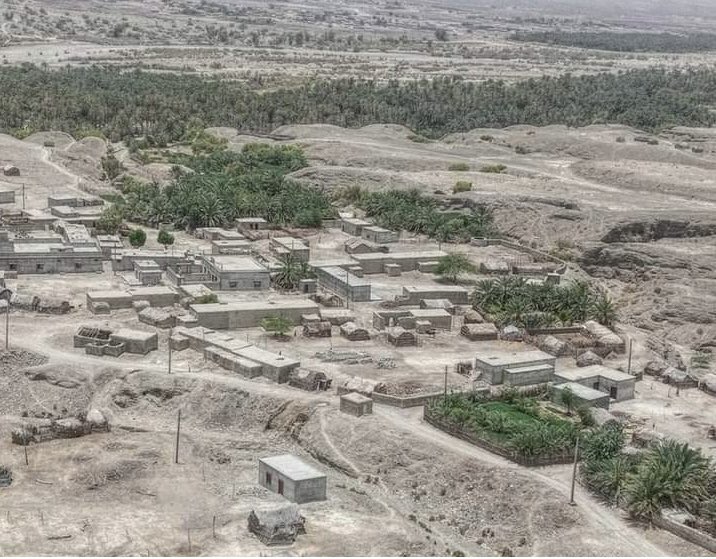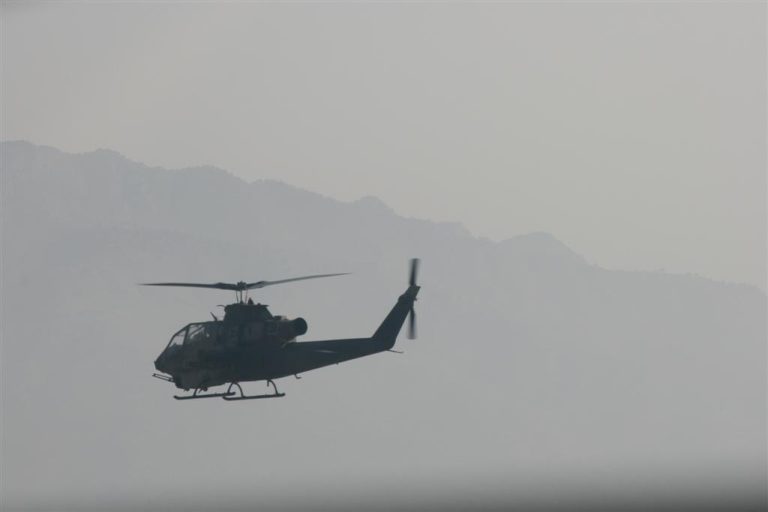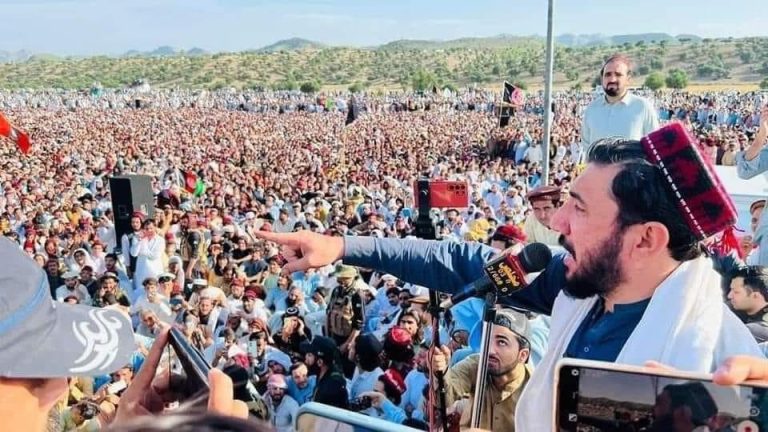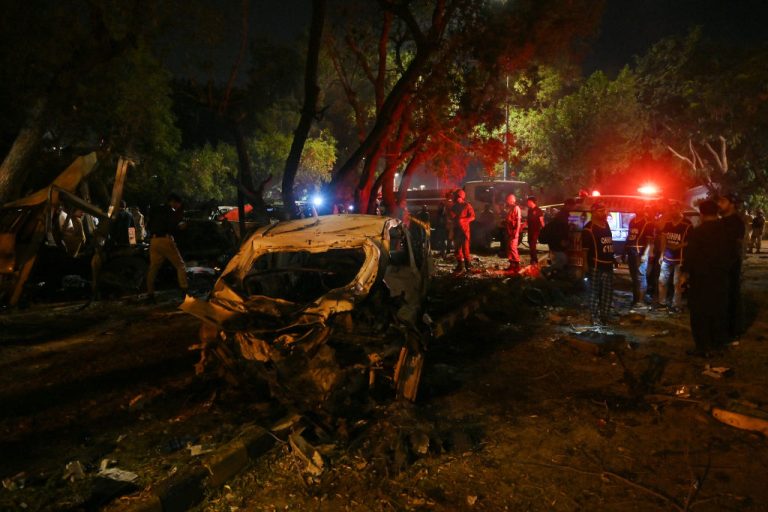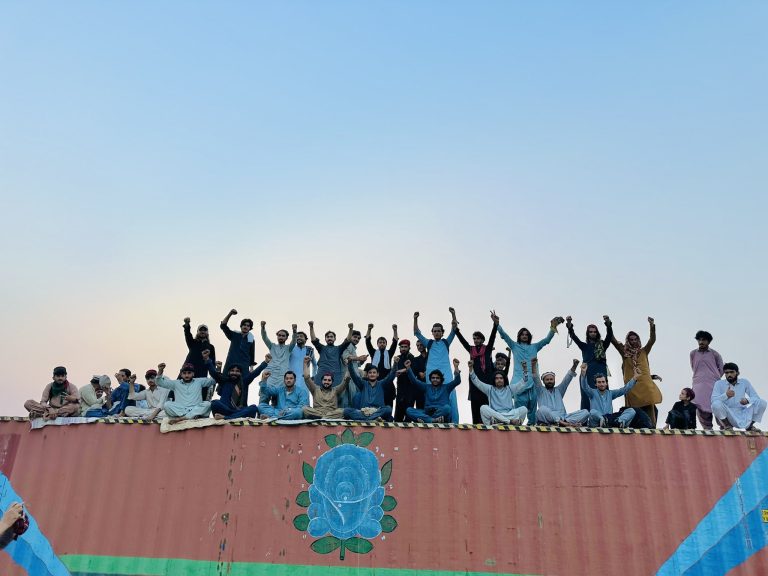In a shocking display of Army oppression, Mushtaq Khan, a responsible member of the Malakand Dargai, has been arrested by the Malakand Levies and transferred to Mardan prison under the draconian 3 MPO law. This incident underscores the increasingly hostile environment for peaceful movements in Khyber, where the Paki establishment continues to suppress dissent.
As the Pashtun Jirga on October 11 approaches, the Pakistan Army has ramped up its brutal tactics, launching an aggressive crackdown on Pashtun activists. Recently, the PTM was unjustly branded an “unlawful” organization. This classification is nothing short of an attempt to delegitimize a movement that is peacefully advocating for the rights and dignity of the Pashtun community.
While the country harbors terrorists who roam freely and pose no threat to the establishment, peaceful organizations like the Pashtun Tahafuz Movement (PTM) face relentless persecution. The Paki establishment recognizes that these homegrown terrorists, a product of its own making, align with its interests, while civil rights movements like the PTM challenge the status quo and demand accountability for the atrocities inflicted upon the Pashtun people.
The escalating violence from the Pakistan Army is reminiscent of a cornered animal, madly lashing out to suppress the growing unrest among Pashtuns who are bravely speaking out against military occupation, human rights abuses, and the endless cycle of violence in the region. The PTM’s announcement of the Pashtun National Court on October 11 has triggered a frenzy of Punjabi Pak Army-sponsored brutality.
This crackdown on peaceful protestors reveals the desperation of the Paki establishment, which fears the fire of activism that is beginning to blaze among the Pashtun people.

